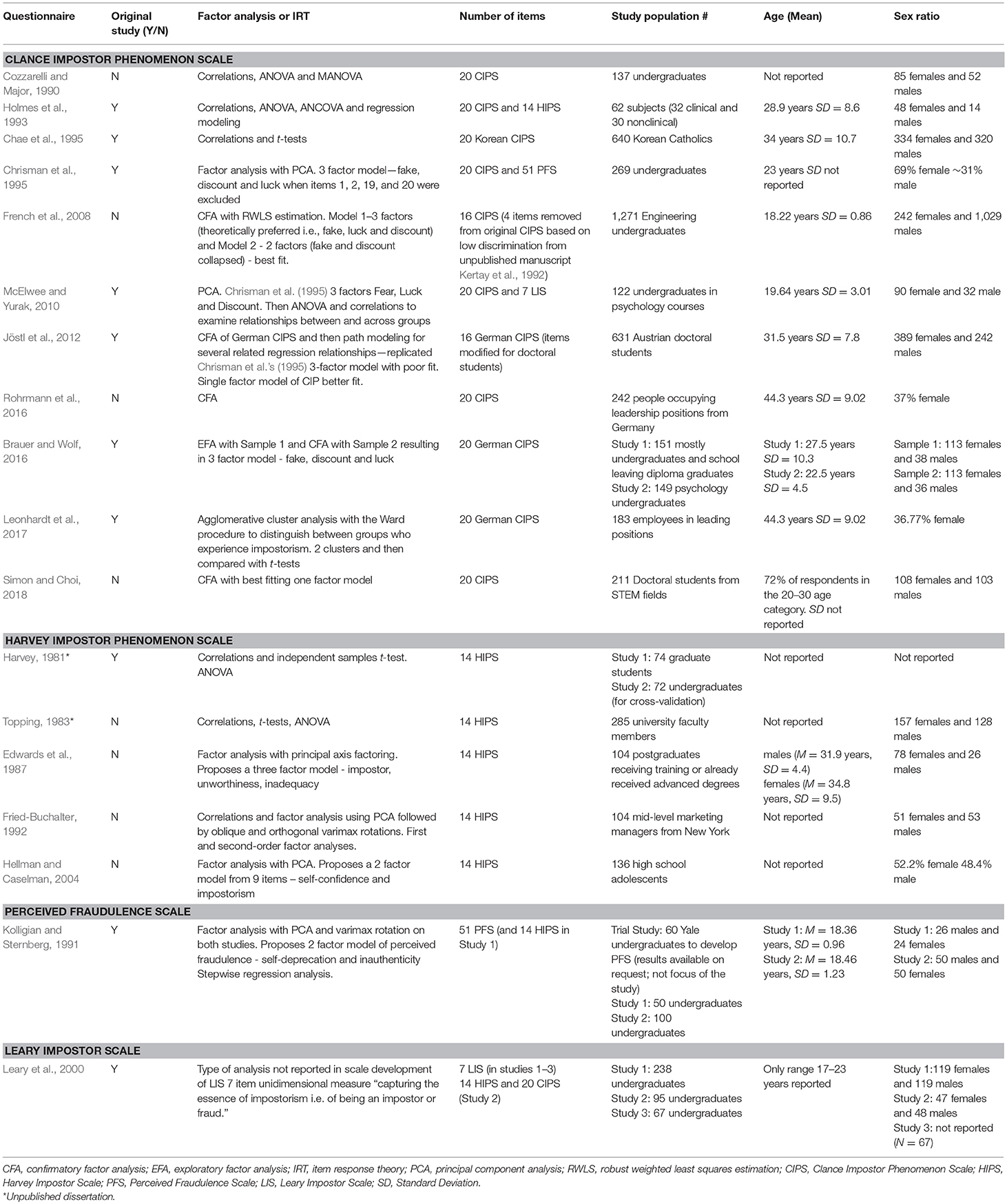The Influence of Procrastination, Emotional Dependency, and Impostor Syndrome on Daily Life
The Influence of Procrastination, Emotional Dependency, and Impostor Syndrome on Daily Life
Blog Article
Throughout our routines, we often encounter psychological obstacles that affect our well-being and success. Among the most common issues are procrastination, como vencer a procrastinação emotional dependency, and como não ter dependência emocional impostor syndrome. These problems not only disrupt personal and professional life, but understanding them is the first step to overcoming them.
In this article, we’ll explore what these issues are, why they occur, and practical ways to address them. By gaining this knowledge, you can enhance your mental clarity and achieve your goals with confidence.
The Definition and Causes of Procrastination
Procrastination refers to the act of delaying tasks that are important. This behavior is often linked to emotional and psychological factors.

Studies reveal that procrastination is rooted in the brain’s preference for short-term rewards. Common causes include poor time management, low energy levels, and overwhelming workloads. Recognizing these triggers is essential to addressing the issue effectively.
What is Emotional Dependency?
Emotional dependency is characterized by a deep reliance on external relationships for a sense of security and happiness. While seeking connection is natural, excessive emotional dependency can harm both the individual and the relationship.
People with emotional dependency often feel insecure without constant reassurance. It is usually linked to early attachment patterns, such as a fear of abandonment or low self-esteem. Building self-awareness and working on personal growth can help foster healthier, more independent relationships.
What is Impostor Syndrome?
Impostor syndrome is the persistent belief that one’s success is undeserved. Despite evidence of competence, individuals with impostor syndrome doubt their own abilities.

This mindset can lead to chronic stress, low self-confidence, and missed opportunities. Research suggests that addressing impostor syndrome requires acknowledging accomplishments, reframing negative thoughts, and seeking constructive feedback.
Practical Tips for Personal Growth
To combat these challenges, consider implementing the following strategies:
- For procrastination: Set small, manageable goals and use tools like to-do lists or time-blocking techniques.
- For emotional dependency: Focus on building self-esteem through activities like self-reflection and personal growth exercises.
- For impostor syndrome: Keep a journal of your achievements and remind yourself of past accomplishments regularly.
síndrome do impostor
The key to lasting change—practice these techniques daily to achieve sustainable results.
Conclusion: Taking Charge of Your Mental Habits
Procrastination, emotional dependency, and impostor syndrome don’t have to define your life. When you take proactive steps to address these issues, you set the stage for a more productive, confident, and fulfilling future.
Begin today—choose one strategy from this article and apply it consistently. Over time, you’ll see improvements in your mindset and daily life.
Report this page